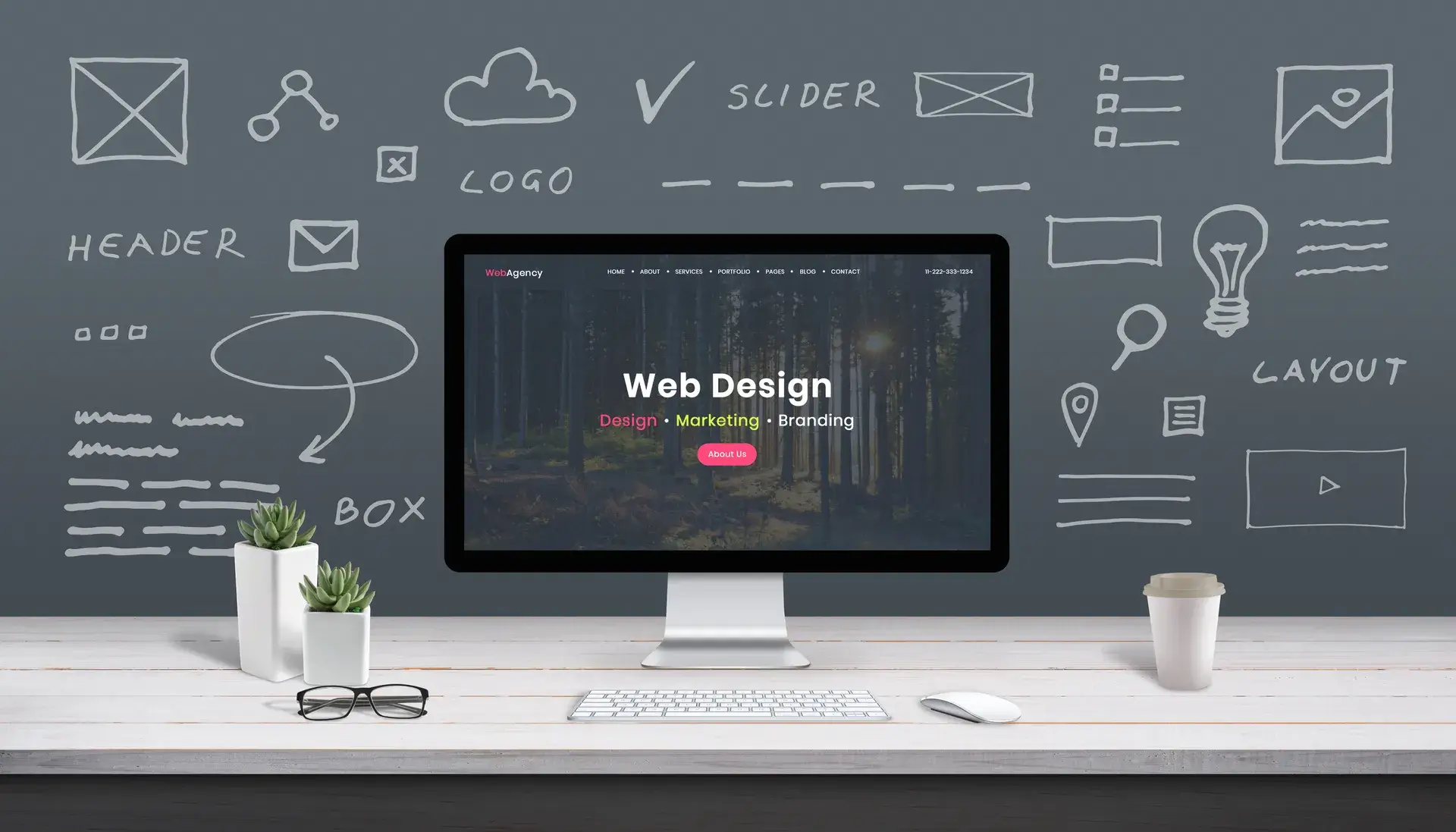In today's digital landscape, responsive web design is crucial for providing a seamless user experience across different devices. As more users access the internet via smartphones and tablets, businesses in Johannesburg must embrace responsive design to stay competitive. This guide will explain the importance of responsive web design, its benefits, and best practices to implement it effectively.
What is Responsive Web Design?
Responsive web design is an approach that ensures web pages render well on a variety of devices and window or screen sizes. It involves using flexible grids, layouts, and images, combined with CSS media queries, to adapt the site’s appearance based on the device being used.
Why Responsive Web Design Matters
1. Improved User Experience: A responsive website provides an optimal viewing experience, from easy navigation to enhanced readability. Users are more likely to stay and interact with a site that performs well on their device.
2. SEO Advantages: Google prioritizes mobile-friendly websites in its search rankings. A responsive design can improve your visibility and search engine optimization efforts.
3. Cost-Effective Maintenance: Maintaining a single responsive site is more efficient compared to managing separate sites for mobile and desktop users.
Key Elements of Responsive Web Design
To create an effective responsive web design, consider the following elements:
- Fluid Grids: Use percentage-based widths for layout elements to ensure they resize proportionally on different screens.
- Flexible Images: Use CSS techniques to scale images and prevent them from exceeding their containing element.
- Media Queries: Implement media queries in CSS to apply different styles depending on device characteristics like width, height, and orientation.
Best Practices for Implementing Responsive Web Design
Here are some best practices to keep in mind when designing a responsive website:
- Prioritize Mobile First: Design for the smallest screens first and scale up, ensuring essential features are easily accessible.
- Simplify Navigation: Opt for a clean, simple navigation menu that adapts to various screen sizes.
- Test Across Devices: Regularly test your website on multiple devices to ensure compatibility and functionality.
Conclusion
Responsive web design is no longer an option but a necessity for businesses in Johannesburg. With users accessing websites from a wide array of devices, creating a responsive website can boost user engagement, enhance SEO, and streamline maintenance. At Prebo Digital, we specialize in delivering tailored web design solutions that cater to your unique business needs. Contact us today to learn more about how we can help you create an engaging, responsive website!














